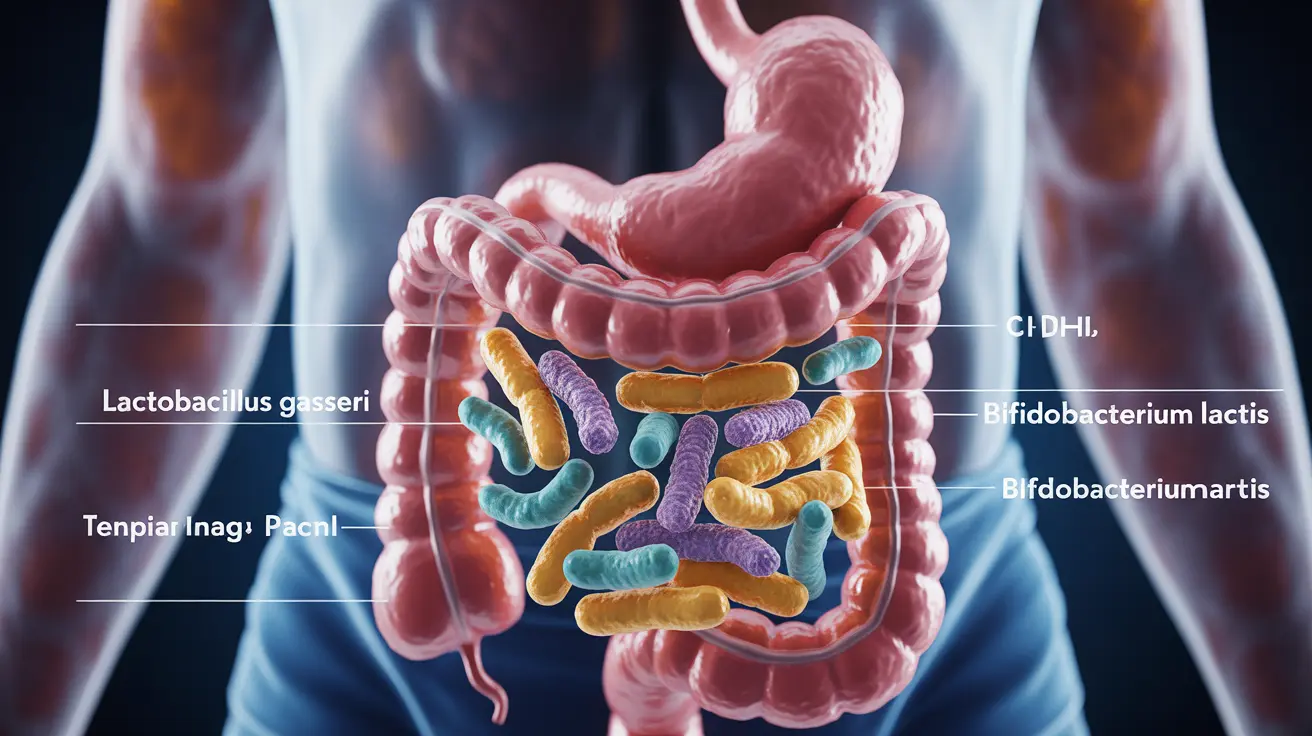The connection between gut health and weight management has become a focal point of scientific research, leading many to wonder about the potential of probiotics for weight loss. These beneficial bacteria, naturally present in some foods and available as supplements, may play a more significant role in weight management than previously thought.
Understanding how probiotics could influence your weight loss journey requires exploring their mechanisms of action, the most effective strains, and how to incorporate them into a comprehensive weight management strategy.
How Probiotics Influence Weight Management
Probiotics can affect your body weight through several mechanisms, including altering how your body processes nutrients and regulates fat storage. These beneficial bacteria help maintain a healthy gut microbiome, which plays a crucial role in metabolism and weight regulation.
The Gut-Weight Connection
Your gut microbiome influences how your body extracts energy from food, stores fat, and regulates hunger signals. When the balance of gut bacteria is optimal, it can support healthy weight management by:
- Improving nutrient absorption
- Regulating appetite hormones
- Reducing inflammation
- Supporting healthy blood sugar levels
- Enhancing metabolism
Most Effective Probiotic Strains for Weight Loss
Research has identified several probiotic strains that show particular promise for supporting weight management efforts:
Key Beneficial Strains
The following strains have demonstrated potential benefits for weight management in scientific studies:
- Lactobacillus gasseri
- Lactobacillus rhamnosus
- Bifidobacterium lactis
- Lactobacillus plantarum
Incorporating Probiotics into Your Weight Loss Plan
While probiotics alone aren't a magic solution for weight loss, they can be valuable as part of a comprehensive approach to weight management. The key is combining probiotic supplementation with other healthy lifestyle choices.
Dietary Sources of Probiotics
Natural food sources of probiotics include:
- Yogurt with live cultures
- Kefir
- Fermented vegetables
- Kombucha
- Miso
Lifestyle Factors for Success
To maximize the potential benefits of probiotics for weight management:
- Maintain a balanced, nutrient-rich diet
- Exercise regularly
- Get adequate sleep
- Manage stress levels
- Stay hydrated
Frequently Asked Questions
Can probiotics help you lose weight or reduce belly fat?
While probiotics alone aren't a guaranteed weight loss solution, research suggests they may support weight management efforts by improving gut health, metabolic function, and reducing inflammation. Some studies have shown modest reductions in body weight and belly fat with specific probiotic strains.
Which probiotic strains are most effective for weight loss?
Research indicates that Lactobacillus gasseri, Lactobacillus rhamnosus, and Bifidobacterium lactis show the most promise for weight management. These strains have been associated with reduced body weight and fat mass in clinical studies.
How do probiotics influence appetite and fat storage in the body?
Probiotics can affect appetite and fat storage by modulating gut hormones, improving insulin sensitivity, and influencing how the body processes and stores nutrients. They may also help reduce inflammation, which can impact weight management.
Are probiotics safe to take for weight loss without changing diet or exercise?
While probiotics are generally safe, they should not be relied upon as a standalone weight loss solution. The most effective approach combines probiotic supplementation with a healthy diet and regular physical activity.
What is the best way to use probiotics alongside diet and lifestyle for weight management?
The most effective approach is to incorporate probiotics as part of a comprehensive weight management strategy that includes a balanced diet, regular exercise, adequate sleep, and stress management. Choose high-quality probiotic supplements or probiotic-rich foods and maintain consistency in their consumption.




